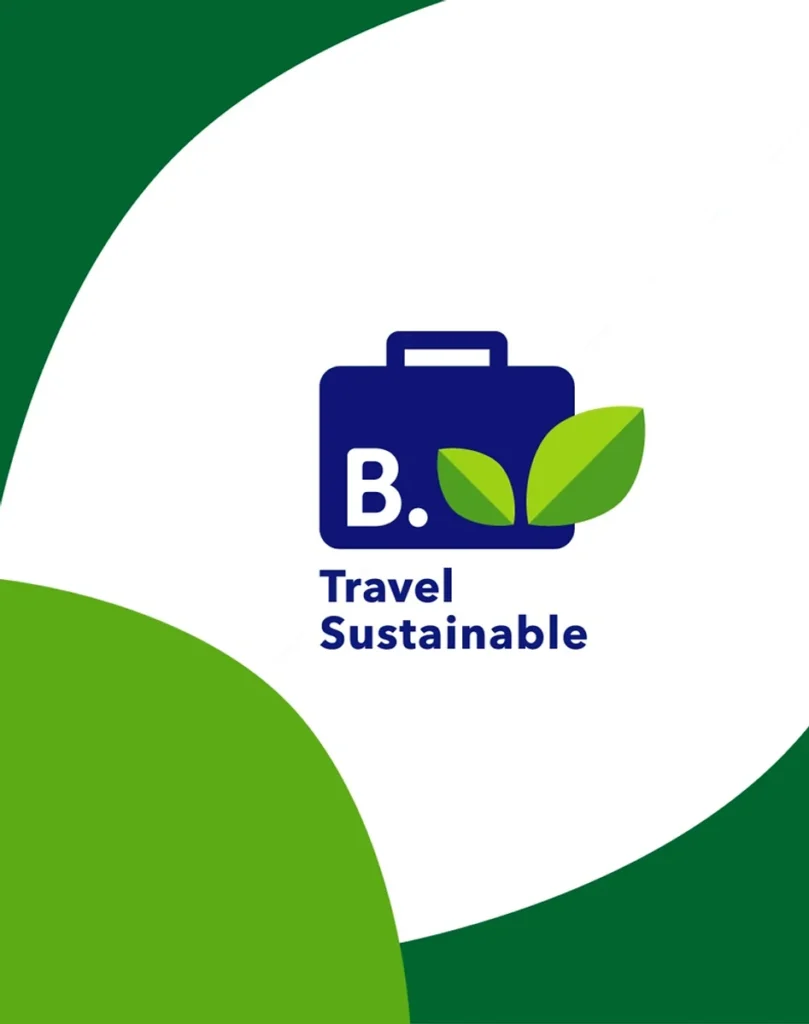Sustainable travel, also known as eco-friendly or responsible travel, is a conscious approach to exploring the world while minimizing the negative impacts on our environment. In a world where mass tourism threatens the delicate balance of our planet, adopting sustainable practices becomes crucial. Let’s delve into the essence of sustainable travel and discover eight easy ways to make your journeys more eco-friendly.
The World Tourism Organization (UNWTO) defines sustainable tourism as an approach that takes into account current and future economic, social, and environmental impacts, addressing the needs of visitors, the industry, the environment, and host communities. In essence, sustainable travel aims to preserve nature instead of commodifying it for tourist attractions.
Some of the best practices for sustainable travelling are:
o Staying in Eco-Friendly Accommodations:
Choosing eco-friendly accommodations is a fundamental step towards reducing the environmental impact of tourism. These establishments often prioritize renewable energy, bio-architecture, and local, organic food. By staying in such lodgings, travelers not only minimize their carbon footprint but also contribute to the local economy.
o Making Optimal Use of Environmental Resources:
Preserving natural heritage and biodiversity requires making optimal use of environmental resources. The ecological footprint serves as an indicator, measuring the environmental impact resulting from excessive consumption of natural resources. Understanding and minimizing this impact is essential for sustainable travel.
o Taking Public Transportation:
Opting for public transportation is a key strategy to reduce air pollution and alleviate road congestion. By utilizing public transport, travelers contribute to fewer cars on the road, resulting in lower carbon dioxide emissions and reduced traffic jams.
o Respecting the Culture of Local Communities:
Respecting local cultures is a cornerstone of sustainable travel. Interacting with locals not only enhances the travel experience but also conserves cultural and artistic heritage. Preserving traditions is vital as they form the identity of local communities and foster a sense of unity.
o Buying from and Supporting Local Businesses:
Empowering the local economy involves buying from and supporting local businesses. This not only stimulates economic growth but also reduces the environmental impact associated with transporting goods. Local products often require less packaging and create more job opportunities within the community.
o Choose slow travel modes:
Adopting a slow travel approach minimizes environmental impact and saves money. Choosing slower means of transportation, such as trains, not only reduces ecological footprints but also allows travelers to savor the scenery along the way.
o Eating Local Food:
Supporting local economies extends to the culinary realm. Choosing local food ensures freshness, reduces the need for transportation, and supports the community’s economic growth. The tourism multiplier effect comes into play, contributing to increased employment and income within the community.

Booking’s Travel Sustainable Programme: a sustainable approach for mitigating the impacts of travelling
For individuals in search of environmentally conscious travel options, Booking’s Travel Sustainable introduces an innovative and independently validated recognition program. This global initiative is designed to identify accommodations that prioritize sustainable practices, spanning a diverse array of property types worldwide. Against the backdrop of a heightened interest in sustainable travel, a noteworthy 76% of travelers express a desire to integrate more eco-friendly practices into their journeys in the coming year.
The program boasts thousands of partners who have already initiated their sustainability journeys. Recognizing the significance of showcasing these efforts to consumers, Booking seizes the opportunity to contribute to the decarbonization of the travel industry. This impetus led to the development of the Travel Sustainable program, a dedicated platform aimed at assisting accommodation partners in transparently sharing their sustainability initiatives. The introduction of the Travel Sustainable badge enhances user experience, allowing customers to filter properties based on their commitment to significant sustainability measures, thus acknowledging partners making noteworthy contributions to the eco-friendliness of guest stays.
While the primary focus remains on the accommodation sector, Booking recognizes the importance of supporting various facets of the travel industry in reducing emissions and broadening customers’ access to sustainable experiences. In line with this, initiatives are set to kick off by providing assistance to taxi, rideshare, and car rental partners in highlighting their sustainability efforts. Additionally, efforts are underway to introduce a new filter feature for flights, giving travelers the capability to choose journeys with the lowest CO2 emissions. Booking’s commitment to sustainability extends beyond lodging, fostering a comprehensive approach to environmentally responsible travel across the entire spectrum of the travel industry.
Championing sustainable travel transcends mere trendiness; it embodies a shared responsibility for all. Through the adoption of eco-friendly practices, we can traverse the globe while safeguarding its natural splendor for future generations. Travel Sustainable emerges as an invaluable resource for discerning travelers actively seeking accommodations that resonate with their dedication to a more environmentally conscious and responsible form of tourism. Choices we make in favor of sustainability contribute to a constructive transformation in how we engage with and influence the world through our travels.
Source: text partially from Booking.com
Pictures: PIXABAY and Booking.com



